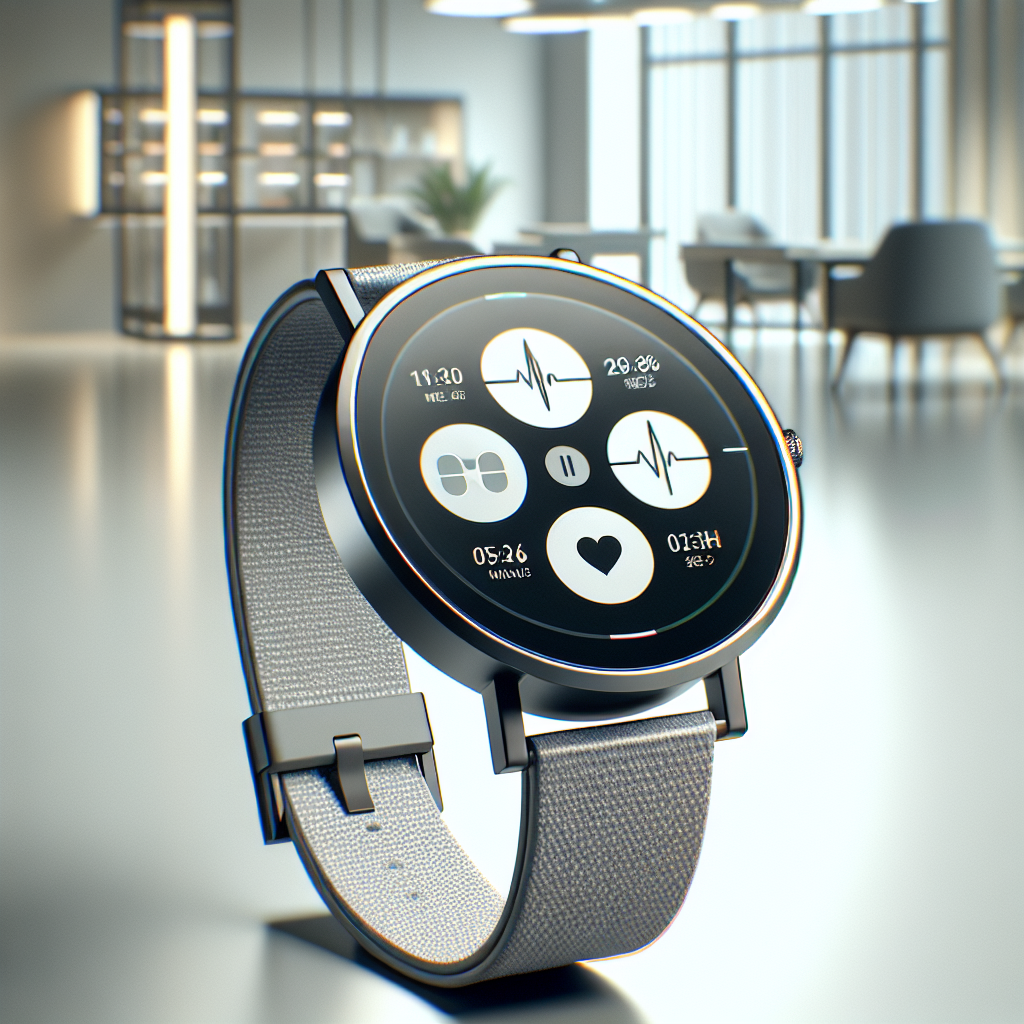Samsung is set to redefine the landscape of health-related technology with its upcoming Galaxy Watch8 series, intensifying the tech giant’s focus on preventive healthcare through high-tech wearables. Announced at the recent Galaxy Unpacked event, the latest iteration of Samsung’s smartwatch is equipped with advanced sensors aiming to provide earlier warnings about potential health risks.
Building upon the groundwork laid by previous models, the Galaxy Watch8 integrates new features designed to oversee a wider array of health metrics. The most prominent of these is a sensor that measures blood glucose levels non-invasively. This innovative feature could be a game-changer for millions of diabetes patients worldwide, who currently have to resort to more invasive methods for their daily glucose monitoring.
Another noteworthy addition is the improved sleep tracking technology. While previous models offered basic monitoring, the Galaxy Watch8 extends this by detecting sleep apnea, a serious sleep disorder that can have significant implications for cardiovascular health.
In a detailed analysis provided by IoT Tech News, it is evident that Samsung’s strategy pivots on not only enhancing the functionality of its devices but also in positioning its wearables as essential tools for health management. According to the report titled “Samsung Galaxy Watch8 aims to detect health risks early”, the device will also continue to include features like heart rate monitoring, ECG, and blood pressure measurement—features that have defined Samsung’s commitment to health in its previous models.
In addition to these health-centric technologies, the Galaxy Watch8 is expected to sustain its robustness in fitness tracking, connectivity features, and compatibility with a wide range of apps, thereby appealing to both the health-conscious and the tech-savvy user.
The introduction of such technologies in mainstream consumer products heralds a significant shift towards proactive health management. According to IoT Tech News, this move by Samsung could not only empower individuals to take control of their health with more detailed, real-time data but also aid in reducing the long-term costs associated with chronic diseases by allowing for early detection and management.
However, while the potential benefits are vast, they also bring to light questions regarding data privacy and the handling of sensitive health information. Ensuring user trust will be crucial as these devices become further integrated into everyday health management. Samsung seems to be well aware of these concerns, placing a high emphasis on data security and user consent processes.
As more tech companies venture into health-focused wearable technologies, the impact on public health systems and policies will likely evolve. Devices like the Galaxy Watch8 could potentially reshape how health monitoring and preventive care are viewed, transitioning from reactive treatments to a more preemptive healthcare strategy.
This wave of innovation marks an exciting chapter for consumer electronics, where the fusion of technology and healthcare continues to grow deeper, promising not only to enhance individual lifestyles but also to pivot the broader framework of medical practice around the world. With the Galaxy Watch8, Samsung sets the bar high, promising a future where technology and health go hand in hand.



